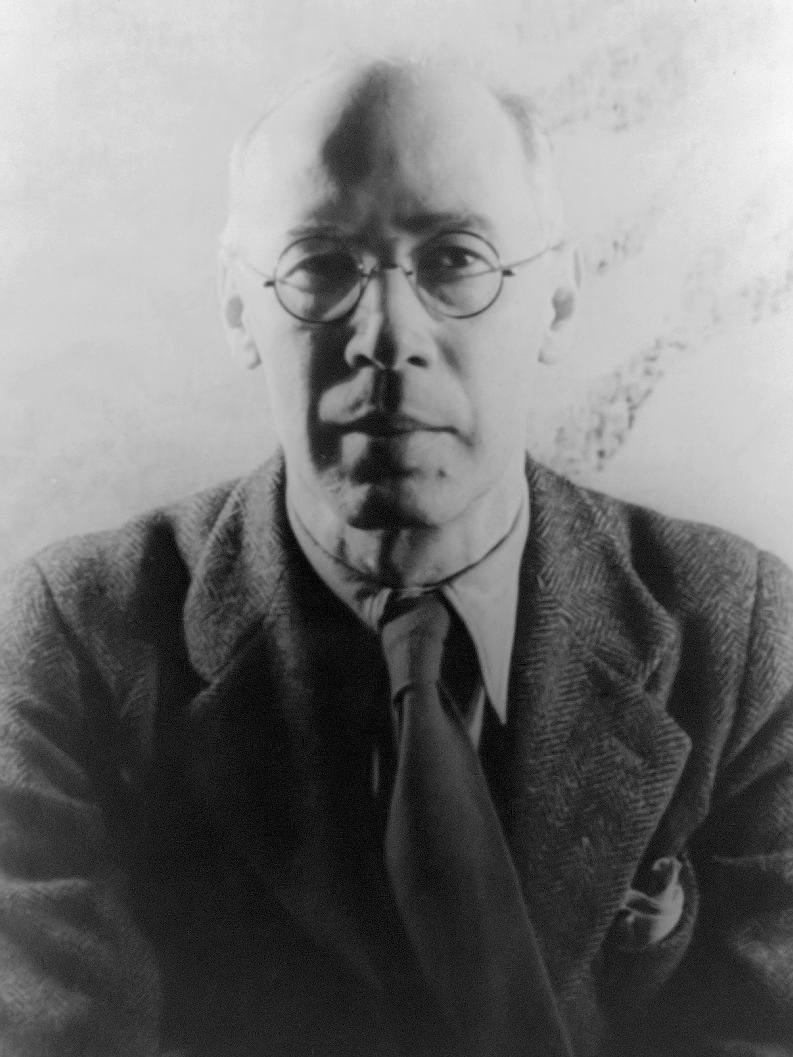Henry Miller Quotes
Source: Tropic of Cancer (1934), Chapter One
The Rosy Crucifixion I : Sexus (1949), Chapter 1. (New York: Grove Press, c1965, p. 17-18)
I clamored. In a frantic effort to arrive at some kind of order, some tentative working program, I would sit down quietly now and then and spend long, long hours mapping out a plan of procedure. Plans, such as architects and engineers sweat over, were never my forte. But I could always visualize my dreams in a cosmogonic pattern. Though I could never formulate a plot I could balance and weigh opposing forces, characters, situations, events, distribute them in a sort of heavenly lay-out, always with plenty of space between, always with the certitude that there is no end, only worlds within worlds ad infinitum, and that wherever one left off one had created a world, a world finite, total, complete.
The Rosy Crucifixion II : Plexus (1953)
“Life, as it is called, is for most of us one long postponement.”
"The Enormous Womb", p. 96
The Wisdom of the Heart (1941)
“It was here in Big Sur that I first learned to say 'amen.'”
Source: Big Sur and the Oranges of Hieronymus Bosch (1957), p. 32
“He saw the humorous aspect of everything, which is the real test of the tragic sense.”
"He" is Miller's friend George Katsimbalis, the "Colossus" of the book's title.
The Colossus of Maroussi (1941)
Source: Henry Miller on Writing (1964), p. 23
Source: The Rosy Crucifixion III: Nexus (1960), Ch. 3, p. 36
“There's nothing wrong with the world. What's wrong is our way of looking at it.”
Source: Big Sur and the Oranges of Hieronymus Bosch (1957), p. 351
“The most difficult thing to adjust to, apparently, is peace and contentment.”
Source: Big Sur and the Oranges of Hieronymus Bosch (1957), p. 28
“[T]he blind lead the blind, it's the democratic way.”
The Air-Conditioned Nightmare (1945)
Source: "With Edgar Varèse in the Gobi Desert", p. 166
Source: The Rosy Crucifixion III: Nexus (1960), Ch. 8, p. 129
“Modern man has much to learn from the people he calls 'savages.'”
Reflections (1981)
Context: The pygmies are one of the most cultured peoples on the face of the earth. They live a wonderful life, a life of purity. Not only are they busy and productive, they're happy and healthy as well. If we puny Americans had to live under their conditions, we'd perish in a day. Modern man has much to learn from the people he calls 'savages.' Before we are down to the last blade of grass it would be wise to study the life of the Pygmies. The secret of our own survival rests with them, the people who know how to make the most out of very little and find complete happiness with the bare essentials.
